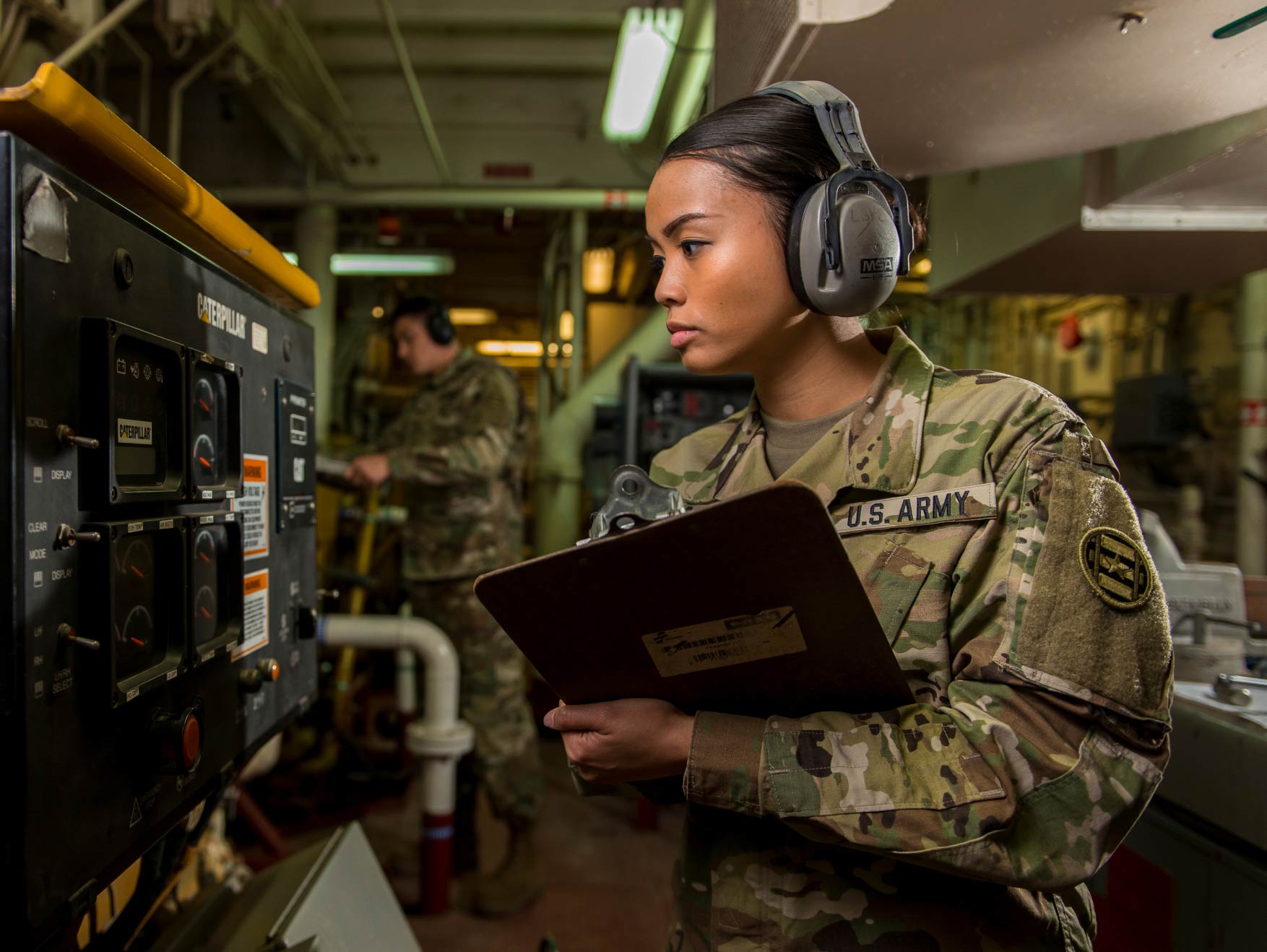Did you know that beyond military enlistment, the ASVAB test is also administered in high school to help students explore career paths? If you’re confused about what to do after high school, and what are your strengths and weaknesses, taking the ASVAB is crucial.
So, what the ASVAB test in high schools is, how it’s administered, and the benefits it offers? Let’s dive into this post and find your answer!
What is the ASVAB test in high school?
The ASVAB test in high school is an aptitude test in the ASVAB Career Exploration Program (ASVAB CEP). This test is typically given to 10th-grade students and above, designed to help students learn more about themselves, and explore potential career paths. This government-funded program mirrors the structure of the ASVAB military enlistment test, with subtests measuring students’ proficiency in fields including math, science, language, and technology. It is acknowledged as one of the most thoroughly studied and reputable aptitude tests out there.

The main purpose of the ASVAB CEP is to assist students in predicting how well their abilities match civilian professions. The test attempts to provide students with a grasp of the working world, forecast their future academic and professional success, and give them a better idea of which careers might be a good fit based on their skills and interests. So if you are struggling with choosing a major or exploring career options, this test is the key to finding your way.
Is the ASVAB required to graduate from high school?
The answer is NO. The ASVAB test is not required for high school graduation in any state across the U.S. It is simply one of several options available for high school students to take before graduation to explore their career interests and future opportunities. You have the right to choose whether to take the test or not.
While participation in the ASVAB CEP is completely voluntary and does not count towards mandatory graduation requirements, it is highly encouraged due to its many advantages, giving students a big head start on planning their future.
Benefits of taking the ASVAB in high schools

Let’s take a look at some outstanding benefits of the ASVAB high school test, making it a highly encouraged program for all high school students:
Strengths and weaknesses identification
First of all, the ASVAB assesses your abilities in a variety of subject areas, such as math, verbal, science, and technical skills. You can identify your strengths and weaknesses by analyzing the results of each subtest, thereby preparing effectively for both graduation and future career challenges. Additionally, teachers can also utilize these results to provide you with individualized guidance and modify their teaching methods to better support your growth.
Career potential exploration
Once you’ve identified your strengths and weaknesses, the ASVAB test assists you in finding career fields that match your passions and skills. It provides valuable insights into potential job roles and includes a thorough database of career options beyond just the military. With the help of this career exploration tool, you may make well-informed decisions regarding your educational and professional pathways, giving you a clear roadmap for your future.
Academic and personal growth
Another significant benefit of the ASVAB is the ability to foster both academic and personal growth. This test in the Career Exploration Program helps you set academic goals and focus on areas needing improvement. It pushes you to improve your high school performance and promotes personal growth by inspiring you to work on your areas of weakness, which helps you get better total grades and continue to grow after graduation.
Military career readiness
If you’re interested in a military career, the ASVAB test is an essential first step. The test result will help you identify which military roles suit you best, whether in the Air Force, Navy, or another branch. Taking the ASVAB test in high school, you can gain a better understanding of the test’s structure and requirements, which gives you a substantial advantage for future enlistment. Moreover, if you achieve a good score, your test result can be used for military enlistment within two years, giving you a head start in your military career.
Cost-free test
One of the greatest benefits of the ASVAB test is that it’s completely free. Offered at no cost to high school students, the ASVAB high school test ensures that every student can access this important exam regardless of their financial situation. With no financial barriers and several benefits, why don’t we take advantage of this test, right?
How to prepare for the ASVAB test in high school?

Having recognized the significant benefits of the ASVAB test in high school and being excited to take this test? Make sure you keep these essential preparation tips in mind.
- Make a structured study plan: This is a crucial first step for effectively preparing for the ASVAB test. Set clear goals and create a consistent schedule, ensuring you allocate time appropriately for each subject. Make sure you plan ample time for study and preparation before the official test.
- Develop study strategies: Prepare knowledge core academic and technical knowledge. Assess your strengths and weaknesses in different subjects, and prioritize areas where you need to improve. For more detailed guidance, read our ASVAB study strategies to create an appropriate approach.
- Practice with sample tests: Finding appropriate practice tests is essential for achieving high scores on your ASVAB high school test. Our ASVAB practice tests are designed to mimic the real test, giving you a realistic experience. With thousands of questions presented in a gamified format, you’ll stay engaged while strengthening your skills. Check them out and let’s get you completely prepared and on track for success!
FAQs
1. Do ASVAB scores in high school affect military enlistment?
Yes, ASVAB scores from high school can impact military enlistment. These scores remain valid for up to two years, allowing you to use them for enlistment within that period. High scores can increase your chances of qualifying for a wider range of roles and specialized positions. Additionally, the ASVAB helps determine which military roles best suit your skills, influencing your branch and job selection.
2. Should I take the ASVAB high school test if I’m not going into the military?
Absolutely. Even if you’re not planning to enter the military, taking the ASVAB can be highly beneficial. The test helps you identify your strengths and interests, which can guide your career exploration and academic planning. The insights gained from the ASVAB can assist in making informed decisions about future education and career paths, offering a valuable perspective on where your skills might best be applied.
3. What is a good ASVAB score for high school?
A good ASVAB score can vary depending on your goals and the specific requirements of your desired career path. For military enlistment, each branch has its own minimum score requirements, which can change based on current needs and competitive standards. Aim to score well across all subtests to maximize your opportunities and ensure you meet or exceed the expectations for your chosen path.
4. When is the ASVAB test administered in high schools?
The ASVAB high school test frequently takes place in the autumn or spring semester on the school campus. If you want to participate, you have to register with your school, complete the registration form, and follow the school’s guidance. Moreover, you have to fulfill the specific qualifying standards, which differ depending on the institution, such as physical fitness requirements. Carefully review it to determine your eligibility.
Final thought
To sum up, the ASVAB test in high school is a voluntary test that offers a wealth of benefits for high school students. This comprehensive test not only helps you identify your strengths and weaknesses but also provides crucial insights into potential career paths, both civilian and military. We hope this full explanation of the ASVAB test in high school can help you gain a better understanding of this test and its importance and benefits and be able to decide if taking it in high school is the right step for you.




